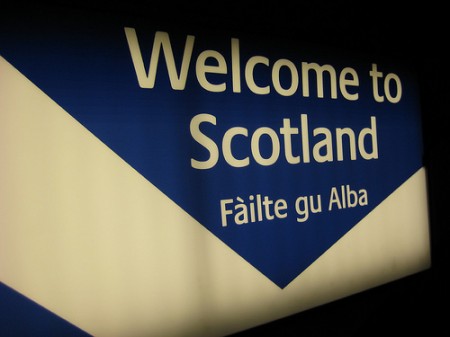
When the Scottish National Party (SNP) won the majority of seats in the 2007 parliamentary elections, the movement for Scottish independence had finally gained momentum. With the referendum now set for 18 September 2014, the idea of an independent Scotland, once a distant dream of SNP-supporters, has now become a realistic possibility. Although opinion polls currently predict an outcome favoring “devolution-plus” – extensive regionalisation and decentralisation – rather than fully-fledged independence, the possible implications of a “Yes” vote are worth considering given the wide-ranging consequences of such a result, particularly in the area of defence.
A pro-independence decision would likely lead to uncertainty caused by a range of policy conundrums not only for Scotland but for the rest of the UK. In an effort to alleviate such fears, the Scottish government has announced that it will publish a White Paper on the possible future structure of an independent Scotland. But while the Scottish government has adopted an optimistic view, 10 Downing Street has already released a report emphasizing the possible negative repercussions, were Scotland to terminate the more than 300-year old Union.


